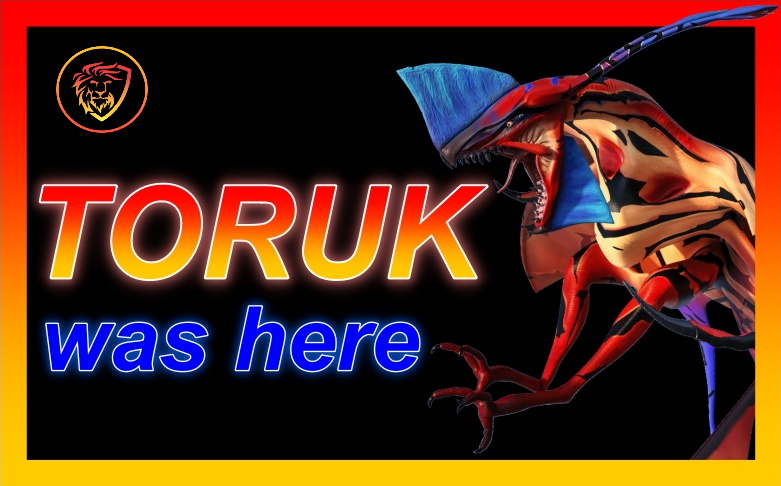There is a lot going on with the discussion about Web 3.0. We are in the process of seeing a transformation in the Internet. It is not going to happen overnight.
Some claim to know when Web 2.0 started but that is all speculation. Plus, it is always easier to see things in hindsight. Was it the start of Facebook? What about MySpace? In the end, it really doesn't matter since it is all an intellectual exercise.
The bottom line is people started to use social media as soon as it appeared. We did get the capability for two way communication. Over time, things expanded rapidly to the point they are today.
Semantics might be something that help clarify things for history class yet has no bearing on what we do each day.
The same is true for Web 3.0.

Source
Venture Capitalists
One thing that appears to be consistent with each "version" of the Internet is how certain characteristics are applied. Of course, over time things evolve. That means, what we refer to as Web 3.0 today is most likely a gross underestimation of what will be available in a decade.
That said, one aspect that garners a lot of focus is the involvement of Venture Capitalists. Is it really Web 3.0 if VC money is flowing all over the place?
This is a=the point that Jack Dorsey is making. Naturally, it is rather hypocritical for him to be the one to point it out since he is building applications using the same technology monies. Perhaps we can sum it up that he is using money that came as a result of VC money.
Either way, this brings up Elon Musk's point about not being able to find Web 3.0. Maybe it does not exist if we are dealing with a world still infected with VC capital. After all, we can try to call it Web 3.0 all we want but if it is being run by the same VC firms who funded most everything over the past 15 years, then it is still Web 2.0.
The idea of Web 3.0 is to create a system that eliminates (obliterates) the Venture Capitalists by establishing new means of funding. This is where the ability to create our own money enters the picture. As we see this concept expand, communities will not want the VCs involved for the simple reason that eventually the latter wants to suck the money out of the application.
Communities are going to concern themselves with the experience in addition to the financial implications.
We Are Building Web 3.0
In addition to the technicality of VC funding not being a part of Web 3.0, why can't Elon find it? The answer is simple: the ones building it are different from those who are immersed in Web 2.0.
If we are looking to the same companies to roll out Web 3.0, we are going to be disappointed. They exist in the present digital realm, one where control and profits are theirs. This is not Web 3.0.
To find the new version, Musk is going to have to look in other places. This is not what people are doing at the moment. All the talk about the Metaverse is a bunch of hype put out by the same multi-billion dollar corporations. What they are presenting is not the future of the Internet.
Think back to the early days of the Internet and how Web 2.0 came about. The first version was static, populated by the information purveyors. Were they the ones who evolved to bring us Web 2.0? Did we see the early successes in this realm become the dominant figures in Web 2.0? What happened to all those companies that were in the lead in the early days?
Why does anyone think this is any different? Disruption in any industry rarely comes from those who are succeeding in that. Musk ought to know this well since he is the one disrupting the automobile industry, not the legacy companies.
Web 3.0 will not come from the same companies that built Web 2.0. That is a total impossibility.
To find Web 3.0, Musk or anyone else is going to have to look in a different area.
Grass Roots Movement
We are returning to the original path of the Internet. The early days were populated with a bunch of individual, highly skilled geeks. They were from different backgrounds but all came together, in their own way, to lay the foundation for this thing we call the Internet.
There was no overriding corporation behind it all. It was not a centralized development plan. Things were just done in an experimental form that ended up organically growing things.
Of course, the next phase was dominated by companies. Here is where we see the mega-corporations utilize the network effect to maximum profitability (and control). It is what the Internet became the last 15 years.
Phase 3 is returning to the roots. There is one thing different: the level of technical expertise is much greater than 30-35 years ago. Whereas there were only a few programmers at high-end institutions involved then, we now have people from all over the world helping to develop this.
Anyone with the skills and a laptop can create the next billion user application. With the ability to tokenize while also building around communities, we see a completely different path forming. The centralized companies are going to want to control this yet it is impossible. How do you control a community when your goal is to suck the finances dry?
The thirst for power is not sated by going after these communities. After a short period of time, they want no part of what the centralized, hierarchical structure is offering.
At present, ideas are being funded by Venture Capitalists since that is the shortcut. Everyone is drawn to the fast track and large amounts of capital can hasten the ability to get something released. The question is will it hold?
Tossing out an application might be successful in the short-term. What happens, however, when people start to realize they are not financially benefitting from that application nor do they have any say or control? At some point, alternatives will appear which they will be made aware of. Will the majority of those people allow themselves to be exploited for the benefit of some faceless corporation that is intent on going public so the VCs can cash out?
For the moment, that is the case. Yet, as more is developed by the Web 3.0 community, alternatives will appear. Then it becomes a question of scaling. We are going to see a point where a lot of users are going to switch. They will see the opportunities offered and want to be a part of it.
Venture Capital money is a mixed blessing. It is climbing into bed with a rattlesnake. Yes there is a lot of money available to develop and complete a project. That is the benefit. The downside is the VCs are in control. Hence, when they say "time to monetize", it is done regardless of how that affects the users.
In the end, Dorsey and Musk were both right. What we are seeing now is "Web VC", the same thing that built Web 2.0. Hence, we can make the case nothing changed. And this is the point that Musk was hitting upon, most likely without realizing it.
Nevertheless, for Elon, there will come a time where he will not have to look far to find Web 3.0. It will be everywhere. What he questions is being built with each line of code put forth by some developer no associated with the Web 2.0 behemoths.
It is a process and we are making sure it unfolds.
If you found this article informative, please give an upvote and rehive.

gif by @doze

logo by @st8z
Posted Using LeoFinance Beta






